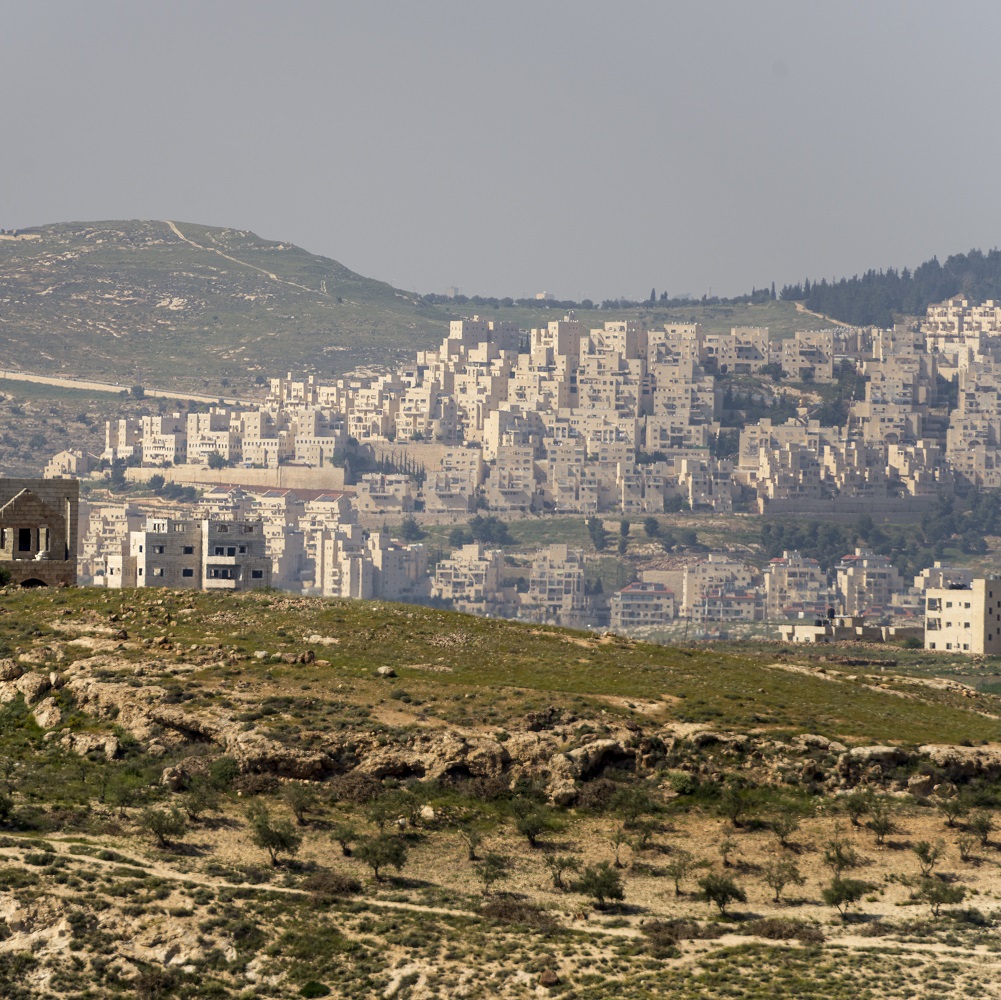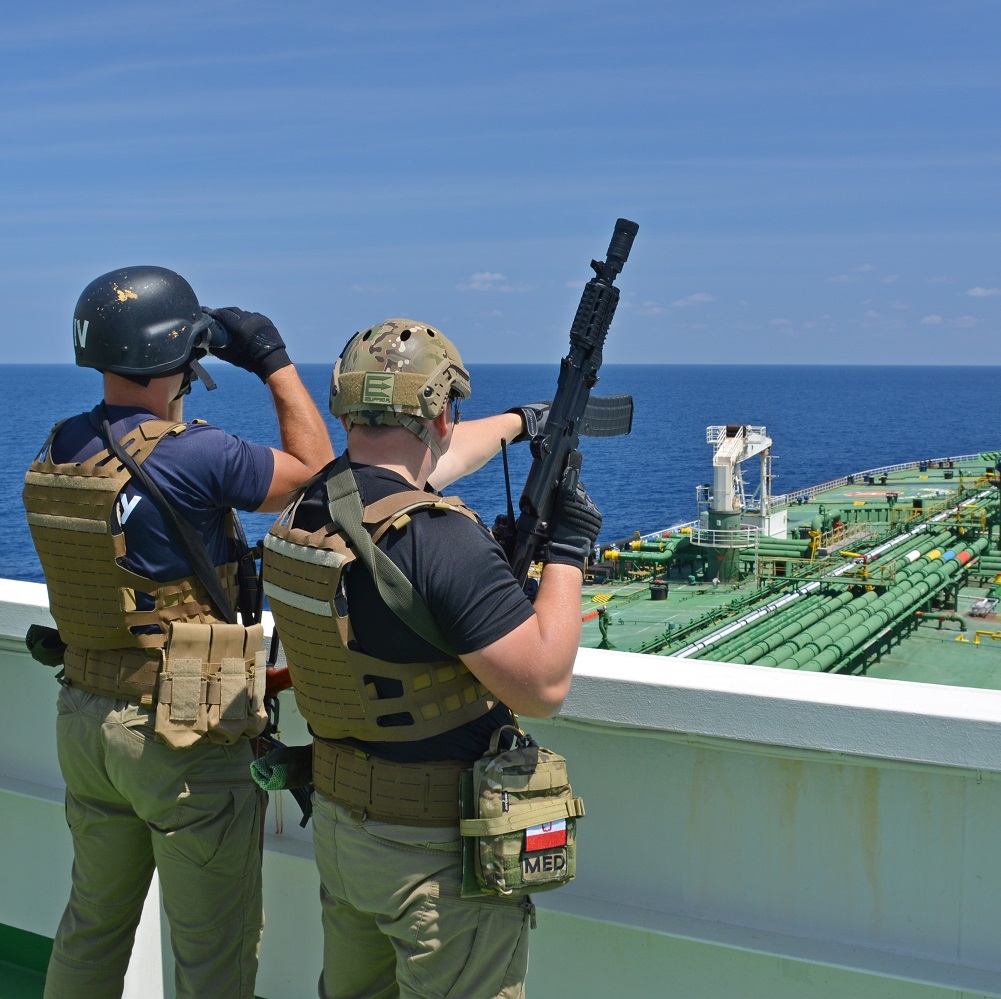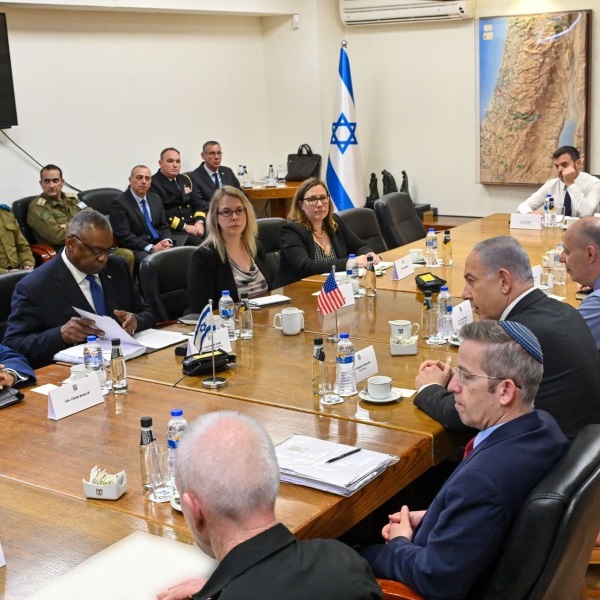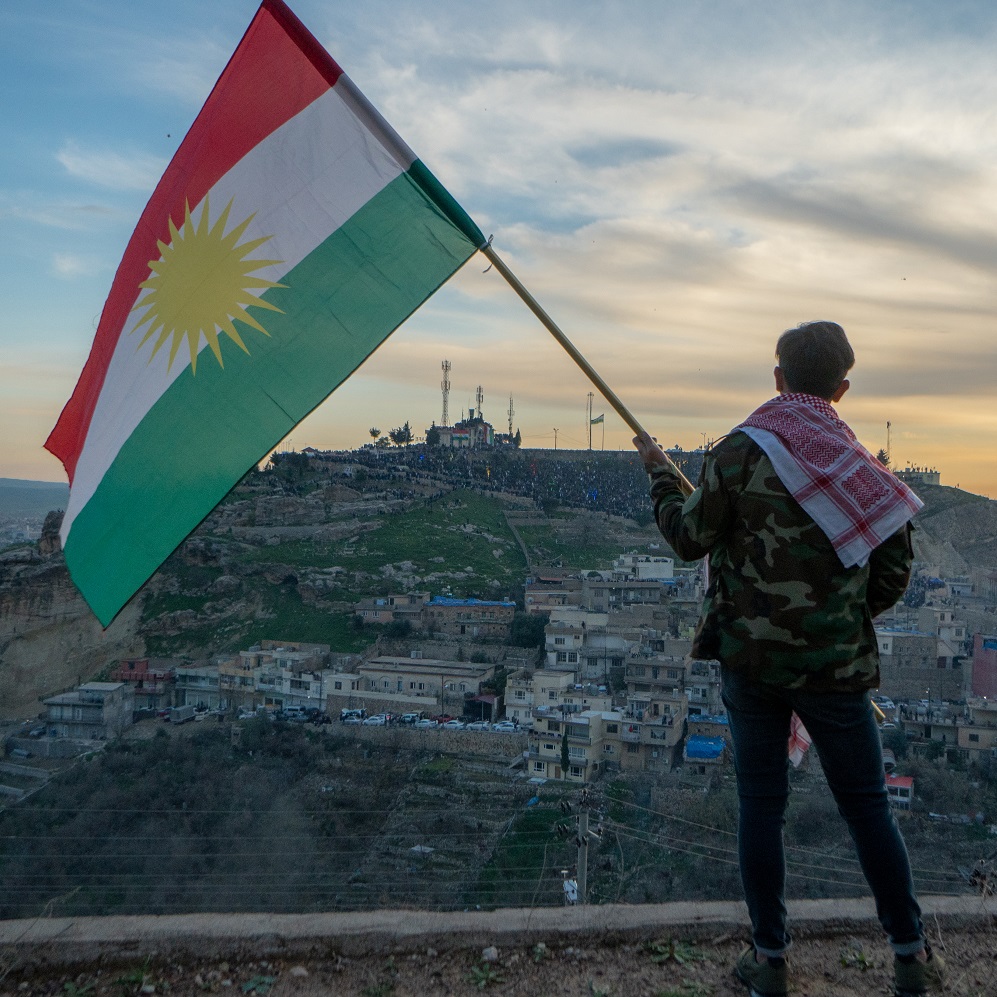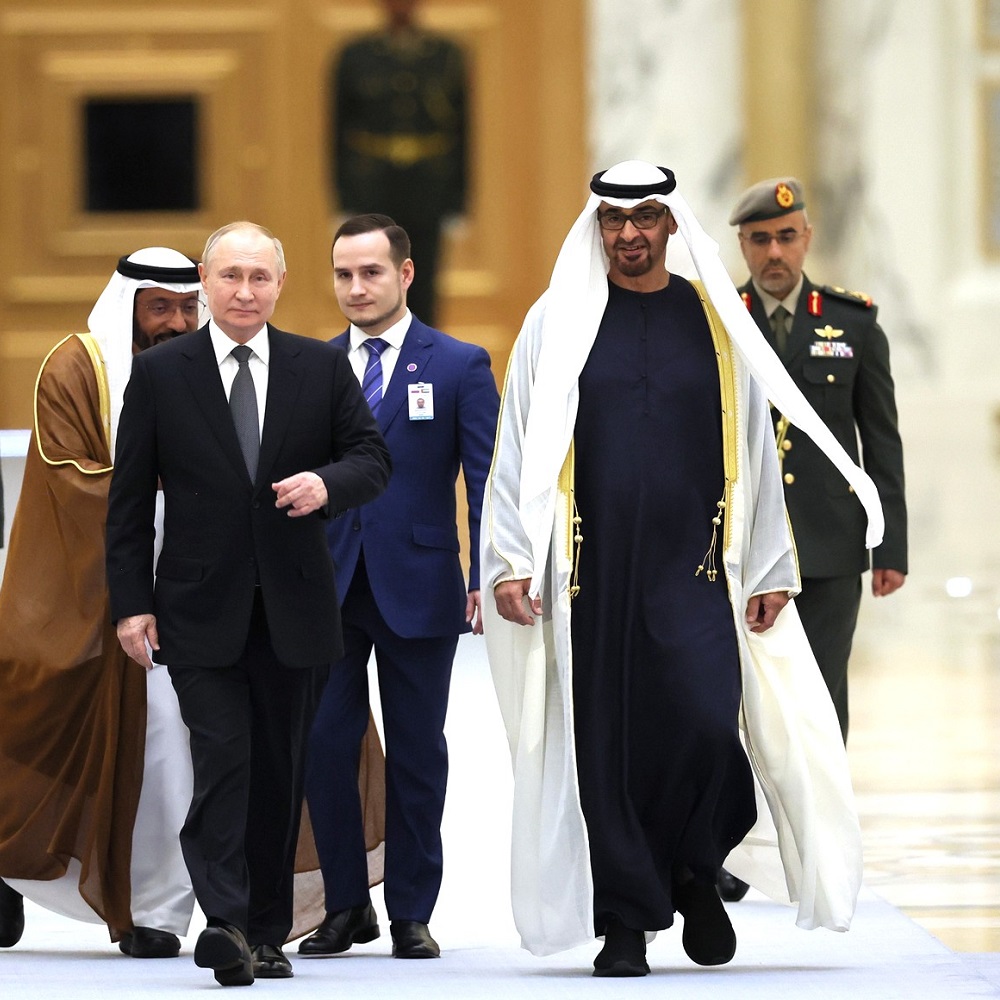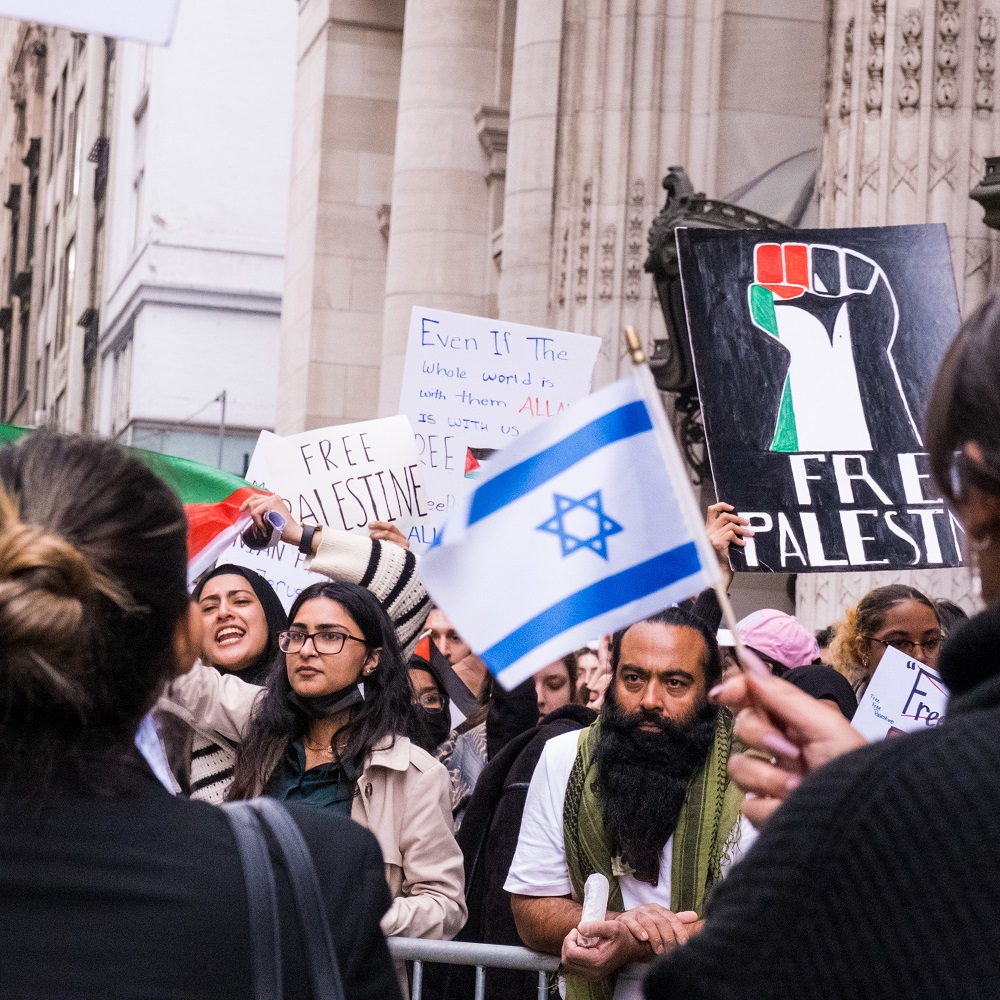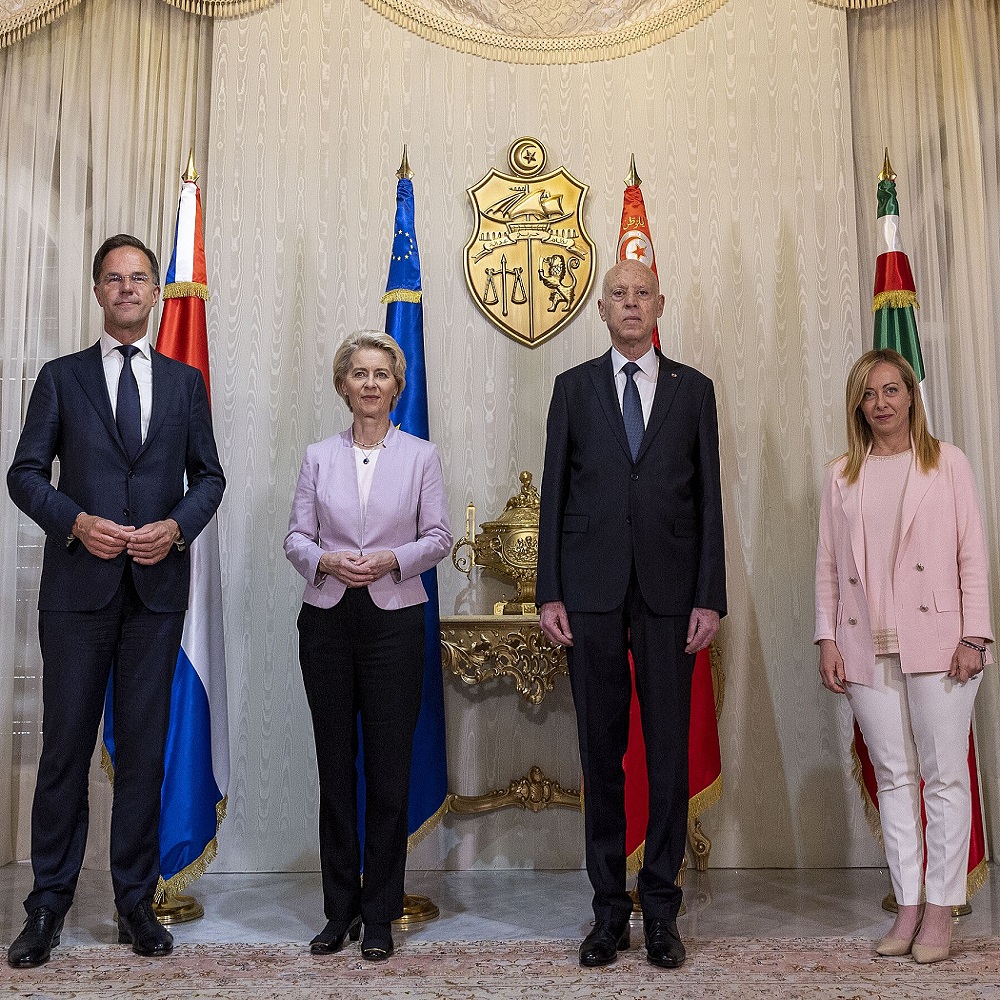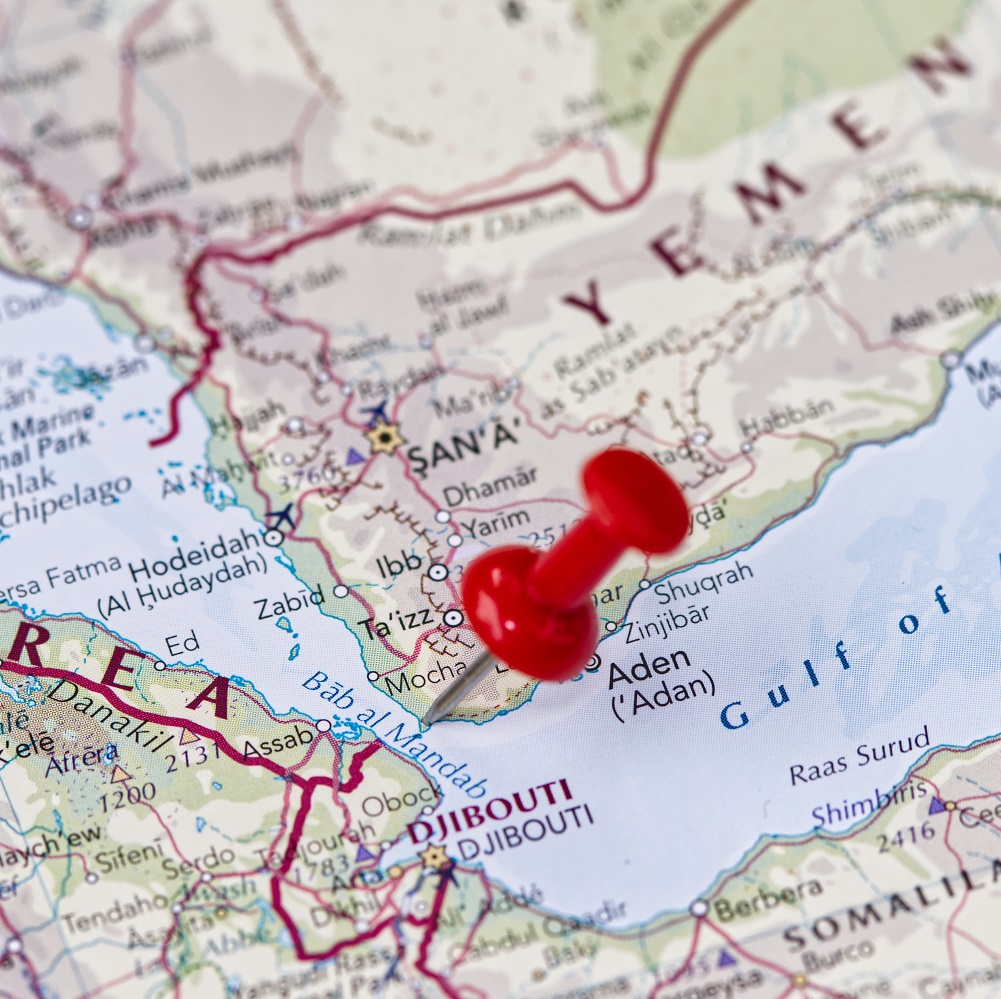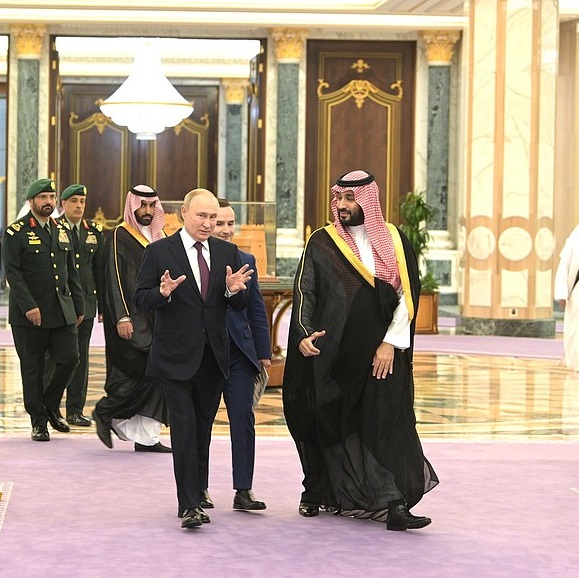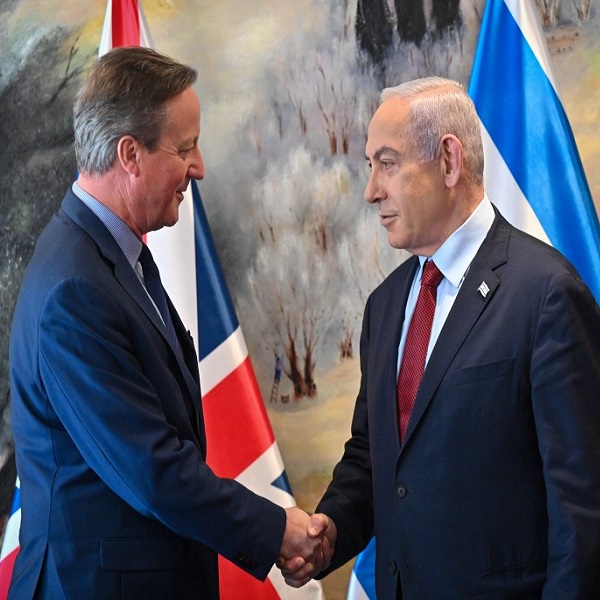Iraqi Kurdistan and the Failure of Capitalizing Kurdish-Israeli Relations
by Farhang Faraydoon Namdar
History of Bashur and Israel
Kurds, mainly Bashuris, and Israelis share notable similarities that would foster a natural alliance. Since the inception of Bashur, in South Iraq, as a polity in 1991, it has grappled with a hostile neighbourhood intent on weakening and erasing its polity—paralleling Israel’s challenges with Arab states that often deny its recognition. Moreover, the Kurds and Israelis exhibit political, cultural, and historical similarities. However, the precarious nature of their relations, given the hostile neighbourhood, renders the existing literature on Kurdish-Israeli relations sparse. Importantly, this literature fails to address a crucial question: how Bashur politics has shaped these relations?
The Lost Israeli Tribes and The Kurds
The origins of the Kurds are a subject of dispute among scholars, with various theories linking them to different peoples (Limbert 1968, 40-1). However, scant attention has been given to the connections between the Jews of Israel and Kurds in Bashur. In the seventh century BCE, eight of the ten Israeli tribes residing in ancient Israel migrated and have been considered lost. Various nations, from Mexico to Japan, have claimed descent from these tribes (Lyman 1998, 7). Despite the publication of a DNA research project on the origin of Bashuris in 2001, revealing that “Kurdish and Sephardic Jews were indistinguishable from one another” (Nebel et al. 2001, 1095), such findings might not be well-received among Kurds due to nationalist and Islamist sentiments.
Furthermore, Hennerbichler argues that the Kurds constitute one of the oldest nations in the Middle East, highlighting the remarkable similarity between the Modal Kurdish Haplotype DNA and that of Ashkenazi Jews (2012, 69-70). Additionally, Mcdowell suggests that many Iranicized Kurds are of Semitic origin (1992, 9). Despite these perspectives, Kurds generally consider themselves a distinct group that has inhabited the region for an extended period. Hemeres contends that the Kurds are one of the oldest people in the Middle East, possessing their alphabet and predating many present-day Middle Eastern nations (2022). However, Hemeres’s reliance on ancient sources and observations from scholars centuries ago may need to be more scientifically credible. A more scholarly and scientific approach to understanding the origin of the Kurds would be preferable.
Both Israelis and Kurds, fearing potential Islamic backlash, face challenges in acknowledging shared ties. Given that a significant portion of Bashuris are Muslims, Israeli policymakers may find it difficult to consider them as similar to Jews, who are both an ethno-religious group—where an Israeli Jew follows Judaism and is ethnically Jewish (Greenspoon 2014, 129). Despite these commonalities, the literature suggests that such shared characteristics have played a limited role, primarily because Iraq and Israel do not share a border, and the risk of Islamic backlash outweighs any potential benefits from their ties.
In existing literature, there is no evidence of Israel seeking to aid the Kurds solely due to a perceived kinship but rather to counter strategic threats. However, the Bashuris find themselves in a strategically significant position in Israeli calculations. Even if both Israelis and Bashuris acknowledge such a tie, they may deny it due to the ongoing state of war between Iraq and Israel (Romano and Rojhelat 2019, 171). As recently as 2022, the Iraqi parliament passed a law criminalizing relations with Israel; if found guilty, one could face the death penalty (AP 2022). Throughout much of their history, Bashuris have not identified with Israelis and have generally shown more sympathy towards Palestinians. Despite the emergence of a pro-Israeli sentiment in the region today, it is challenging to establish a direct link between this shift and Israeli involvement in the Kurdistan region. The region’s increasing Westernization since 2005 and improved access to education may also contribute to this change. Moreover, Bashur-Israeli relations have predominantly involved a specific faction of Iraqi Kurds rather than being under the purview of the Kurdistan Regional Government (KRG). This is attributed to political, economic, and, to a lesser extent, social divisions within the region.
Bashur
The presence of a weak state in Iraq, coupled with Baghdad’s historical disputes with its neighbors, has provided the Bashuris with a unique advantage in terms of organization and access to the outside world compared to other Kurds in the Middle East. Notably, Bashuris were the only ones legally recognized as a minority (Edmonds 1959), particularly the Barzanis, who gained international recognition as leaders of the Kurdish revolution against the Iraqi government in the 1920s. In 1946, the Kurdish Republic of Mahabad was established but eventually dissolved (Edmonds 1959, 2). Mustafa Barzani played a pivotal role in attempting to save the republic, leading followers in a protracted battle with the Iranian Army before seeking refuge in Soviet territories (Reisinzadeh 2019, 65). Following the republic’s collapse, the Kurdistan Democratic Party (KDP) was founded in 1946 by four Kurdish officers of the Iraqi army, inviting Mala Mustafa to lead the party (Hevian, Rodi 2013, 97). After the 1958 July Revolution in Iraq, Barzani and other Kurdish Peshmerga were allowed to return to Iraq, welcomed by Baghdad in an effort to centralize power under Brigadier Abd al-Karim Qasim (Rubin 2007, 354). Relations improved, and Iraq was declared a unity between Kurds and Arabs (Bagley 1959, 288-9). Barzani quickly asserted control over much of Kurdistan, prompting fear in Baghdad (Lortz 2013, 39).
The strength of the KDP and Barzani, recognized by Baghdad, was evident in their ability to rally people and maintain control over Kurdistan. However, conflicting interests emerged as the KDP sought autonomy while Baghdad aimed to centralize the state against Nasser’s Pan-Arabism. In 1961, the Kurds, led by Barzani, revolted against the Iraqi government, marking the first Kurdish-Iraqi war (Rubin 2007, 353-5). The Kurdish revolt gained strength, with significant defections from Kurdish soldiers in the Iraqi army (Pollack 2004, 219-20). The revolution was successful, controlling many cities and engaging the Iraqi army in 1961 (Paul 2013, 214-5). Despite the revolutionary success, internal divisions within the KDP, involving conservative, Marxist, and nationalist factions, challenged Barzani’s control. The main factions were the Malayyis (Barzani supporters) and the Jalalyis (Talabani followers), proving to be a hindrance to Kurdish unity and their pursuit of rights (Abbas 2020). Hence, when the Israelis arrived in Bashur, the Kurds were already divided.
Israeli-Kurdish Reproachment
The historical development outlined above explains Israel’s inclination to assist the Kurds. However, proving that the Kurds successfully convinced both the Iranians and Israelis to aid them is challenging. In the case of Iran, the fear of a potent Kurdish revolution spilling over from Iraq likely motivated their alignment with Israeli interests. Israel, valuing its relations with Iran and Turkey and considering any assistance to Kurdish groups within these countries as foreign intervention, strategically supported the Kurds during a crucial time.
Efforts by the Kurds to secure Israeli assistance were extensive before Israel agreed to help. Ismet Sharif Vanly notes that the first Bashuri to visit Israel was not Mustafa Barzani or his associates but the General Secretary of the KDP, Ibrahim Ahmad (Bengio 2017), who, at the time, balanced against Mustafa Barzani by controlling the KDP politburo. Ahmad, serving as the de facto president of the party, played a crucial role in approaching Israel, visiting the country during Barzani’s absence. His influence was significant, as evident from his leadership in the KDP and renaming the party from the Kurdish Democratic Party to the Kurdistan Democratic Party in 1955 (Reisenzadeh 2019, 65).
Barzani, concerned about Qassem, sent Kamuran Ali Baderkhan to meet with Israeli Foreign Minister Golda Meir in 1959, seeking political support (Alvand 2016, P: 71). However, tangible support from Israel did not materialize immediately. Israel, prioritizing relations with Turkey and Iran, needed their consent before assisting the Kurds, making their support a tactical move to keep Baghdad occupied without allowing the revolution to escalate beyond control, something that Iran and Turkey were concerned about (Alvandi 2016, 72). Despite the tactical nature of Israeli support, it was unique in its multifaceted approach, encompassing diplomatic, financial, and military aspects. The Kurds’ persistence and the strategic alignment of interests among Iran, Israel, and the United States during this period provide insights into the intricate dynamics that shaped the Israeli-Kurdish relationship.
Assisting non-state actors in the Middle East has typically involved arms deliveries and financial support. For instance, Iran initially supported Shiite groups across the region, with assistance being predominantly political. It was not until the 1970s and 1980s that Iran began providing military training to these groups (Reisinezhad 2019, 61-70). However, Israeli assistance to the Kurds stands out as a unique example in Middle Eastern history, where a state actively helped a non-state actor to enhance organization and adaptability. Israeli support for the Kurds went beyond supplying weapons and cash. Initially, the Israeli foreign intelligence service Mossad and the Iranian intelligence service Savak collaborated to establish the KDP Parastin in 1966, aiming to gather military intelligence on the Iraqi army, a departure from previous practices (Ghareeb 1981: 133, Hennerbichler 2012, 254). This was a significant change for the Kurds, as internal challenges, including betrayal, had historically impeded Kurdish revolutions. Additionally, Israel provided diplomatic assistance by attempting to facilitate meetings between the Kurds and Americans despite facing some challenges (Alvandi 2016, 74). Furthermore, Israel extended substantial financial assistance, and its military advisors were stationed at KDP headquarters from 1965 to 1975 (Mamikonian 2005, 395). This comprehensive assistance from Israel played a pivotal role in transforming the Kurds from traditionally organized armed tribesmen relying on instinct to a more organized group employing intelligence and modern warfare techniques.
Notably, the Kurds typically sought assistance rather than training. When Barzani’s representative, Bedir Khan, returned to Israel in 1963, his meetings with top Israeli leaders, including Golda Meir, focused on securing money, weapons, and a radio transmitter (Alvandi 2016, 72). The assistance provided by Israel likely influenced the Iranians to adopt a similar approach in their dealings with groups like Hezbollah in Lebanon, Popular Mobilization Forces in Iraq, and the Houthis in Yemen. Israel’s deep involvement in the fighting was exemplified in a battle where Israeli commander Tsuri Sagay assisted the Kurds in planning and supervising the war, resulting in significant casualties for the Iraqi forces. Following this success in 1965, Baghdad agreed to grant autonomy to the Kurds, leading to a coup. The Iraqi military refrained from launching another offensive in Kurdistan until January 1969 (Alvandi 2016, P:70). Despite facing setbacks in 1975, their leaders remained intact, and the KDP continued as a political force. One of the main contributing factors to this resilience was the way Israel assisted the Kurds in reorganizing. Therefore, Israel’s aid can be viewed as a state actor’s support to a non-state actor, fitting within the framework of Israel’s external balancing strategy.
The Periphery Doctrine
The periphery doctrine conceived by Israeli leaders like Ben Gurion emerged as a response to the challenges posed by Israel’s hostile Arab neighborhood. This strategy aimed at cultivating ties with non-Arab states and political entities, including the Kurds and Christian Arabs (Romano and Rojhelat 2019, 165-6; Samaan 2019, 384; Kaye and Roshan 2011, 22). Despite the significant demographic presence of Kurds in the Middle East, Israeli-Kurdish relations were the weakest link in the Periphery Doctrine. Israel primarily engaged with state actors like Iran and Turkey, limiting its support for Kurdish movements in those countries while focusing on assisting Bashuris, given Iraq’s hostility towards Israel (Romano and Rojhelat 2019, 172). The unique relationship between Israel and the Kurds was strategically designed to weaken Iraq in its ongoing conflict with Israel, primarily as Iraq remained in a state of war with Israel, particularly after coming under Iranian influence.
Although Israeli-Kurdish relations include business within the framework of the Kurdistan Regional Government (KRG) (Romano and Rojhelat 2019, 76-7), they have yet to expand to include other Kurdish groups substantially. From the perspective of Israeli-Kurdish ties, the doctrine appears successful as it contributed to the Kurds maintaining political influence even in the face of military defeat and remaining as a political force in Iraq against Baghdad.
The establishment of Parastin and the training of KDP Peshmerga were pivotal in solidifying the Kurdistan Democratic Party (KDP) and averting internal splits. Nevertheless, it is crucial to acknowledge that one of the earliest divisions, resulting in the de facto existence of two mini-states in the Kurdistan region, predates Israeli involvement in Bashur. This early schism continues to pose a substantial obstacle, limiting the ability of the Bashuris to capitalize on the assistance provided by Jerusalem fully and vice versa.
Kurdish Division as An Impediment
After the success against the Iraqi government, internal divisions among the Kurds became pronounced. The KDP politburo, specifically the Jalalyis faction, chose to negotiate with Baghdad and even participated in the Baathist government of 1966. This government brought about with assistance from Barzani and Israelis, retained KDP members in Baghdad until the late 1960s (Rashid 2017, 49-52). The consequences were far-reaching, leading to the eventual split of the KDP. The politburo faction, led by Jalal Talabani, became distinct, and the term “Jash,” meaning foal, gained popularity, denoting traitors within the Kurdish community. This internal strife left the Kurds divided, unable to fully capitalize on the foreign support from Israel, Iran, and the United States. It created two conflicting proxies in the Kurdistan region—one aligned with the West and the other with the Eastern Bloc. This exacerbated intra-Kurdish conflicts in Bashur, allowing external powers to manipulate their factions rather than assisting them in realizing their national aspirations.
Barzani heavily relied on Iran and, through them, on Israel and the United States for logistics, financial, and military assistance. The revolution faced imminent collapse in 1975 when Baghdad and Tehran signed a deal to end hostilities (Mcdowal 1992, 21-23). Consequently, Barzani called on all fighters to go home, preventing further resistance against the Iraqi government. However, Mahmoud Othman, sometimes referred to as Barzani’s right-hand man, expressed in an interview that it was a failure of the leadership that the revolution collapsed, stating, “We had everything, arms, money, territory, and Baghdad was not that powerful. The Shah told us we could continue fighting” (The Best Video News 2023). Despite having the resources and potential support, Barzani decided unilaterally to halt the fight.
After 1975, the KDP transformed into a police force for Iraq and Iran in Bashur, preventing the emergence of any armed group from fighting against Baghdad. While there was limited influence Israel could exert to prevent this, the split had already occurred. Barzani’s monopolization of relations and other international ties compelled him to cease fighting unilaterally. For example, in 1978, approximately 1700 PUK peshmerga attempted to move into the Iran-Iraq-Turkey triangle to establish bases along the Syrian border, where they received weapons and ammunition. This led to a clash with KDP forces, resulting in the death and capture of many PUK fighters (Rizgar 2021, Pencemor 00:26:00-00:29:00).
Since its establishment in 1976, the Patriotic Union of Kurdistan (PUK) maintained close relations with the Soviet Union and Syria. According to Jalal Talabani, the founder of the PUK, the Soviets reached out to him in 1975 when Mustafa Barzani declared the end of the revolution. They requested a meeting in East Germany, where Talabani met with a Russian agent. Talabani recounts in his autobiography that during the meeting, the Russian agent asked, “Do you know Alexander?” to which Talabani replied, “Yes, I know him very well.” They both started laughing (Rashid 2016, 20-31).
The founding of the PUK was decided in the Soviet Union, contrary to the official PUK history that claims its seven founding members did so in Damascus in 1976. Co-founder Omar Sheikhmous states that Talabani had already formed the PUK on May 22nd, 1976 when it was announced on Syrian national radio. They were informed later (Pencemor 2017, 00:10:40 – 00:12:00). Talabani further mentions, “I met President Hafiz Assad, and he promised to help us and said, Syria is your own country” (Rashid 2017, 38). Most of the PUK’s funding came from Libya, amounting to millions of dollars (Pencemor 2017, 00:40:00 – 00:41:00). Interestingly, the strategic moves that Israel made in the 1960s now fell into the hands of their adversary, the Syrians, who shared similar interests in Iraq. Today, the region remains politically and economically divided socially, to a lesser degree, between the Kurdistan Democratic Party (KDP) and the PUK.
Although the Kurdistan Regional Government (KRG) enjoys de facto internal sovereignty, it operates as a confederacy between the PUK, which controls the security services and economy of Sulaimani and Halabja provinces, and the KDP, which oversees the security services and economy of Erbil and Duhok (Namdar 2021; Greaves 2019). Consequently, Israeli relations predominantly align with the KDP. Traditionally allied with Iran, the PUK has refrained from fostering such relations with Israel. Nevertheless, the PUK has tacitly consented to Israel’s presence in the KRG, allowing Israeli assistance and shipments to the region, given that the PUK controls half of the KRG. For instance, Israel has trained peshmerga forces and dispatched machinery to the region over the last two decades (Romano and Rojhelat 2019, P:175). Despite these engagements, the primary diplomatic relations with Israel are upheld by the KDP.
Kurdish-Israeli Relations Today
When Israel lost access to Bashur following the Iranian revolution, the most likely opportunity for a return presented itself after the ousting of Saddam Hussein. Reports of Israeli intelligence presence in Bashur emerged after 2003, indicating an interest in monitoring Syria, Iran, and Iraq (Hersh 2004). In 2022, Iran claimed responsibility for bombing a mansion in Erbil, alleging it housed a group of Israeli spies (Yahya and Abdul-Zahra 2022). Despite the risks, the Kurdistan region, as Iran grows more muscular, sees potential benefits in maintaining ties with Israelis to exert influence on Washington through the pro-Kurdish Jewish lobby in the American Israel Public Affairs Committee (AIPAC) (Bengio 2014, P: 3). Although Israel openly supported the Kurdistan region’s independence referendum, this backing, while significant publicly, did not match the level of support on the ground. The referendum contributed to increased pressure from Baghdad, bringing the region to the brink of collapse, and justified an anti-Kurdistan alliance among Middle Eastern Shiites led by Iran (Bengio 2017).
Additionally, Bashur lacks the necessary conditions to sustain itself as an independent state, being landlocked in a neighborhood that perceives a Kurdish state as an existential threat. Consequently, constitutionally guaranteed autonomy within Iraq could better protect the rights of the Kurds and serve as a more favorable ally for Israel. Israel’s support for the Barzanis could have been more beneficial if directed towards the Kurdistan Democratic Party (KDP) rather than solely to the Barzanis in the 1960s and now only the KDP, who had centralized military power. Ibrahim Ahmad and the Patriotic Union of Kurdistan (PUK) exposed Barzani’s relations with Israel for similar reasons, not implicating the KDP as they were leaders within the party (Bengio 2014). As a result, relations between Israel and the broader Bashuri factions never fully developed.
Furthermore, present-day Israeli-Kurdish relations can be more accurately characterized as Israeli-KDP relations, especially within the Kurdistan Regional Government (KRG) framework, where the KDP dominates critical positions within the KRG. Israel’s support has been used by the KDP to consolidate power, leading to a weakened KRG. The KDP’s security services have become more oppressive, and KDP-controlled areas face criticism from the international community for suppressing journalists and activists (Human Rights Watch 2021). This strain on KDP-PUK relations has further weakened the Kurdistan region, undermining the goals of Israel’s Periphery Doctrine. Moreover, the KDP champions an independent Kurdistan, although practical feasibility could be better due to the region’s landlocked status. Israel’s assistance to the KDP in exporting oil independently from Baghdad, a policy tested to demonstrate survival capabilities, ultimately failed, leaving the Kurdistan region more vulnerable (Henderson et al. 2023). Now, the region is more divided, with a weaker economy and a shrinking population due to immigration (Namdar 2021)
As a result, Kurdish-Israeli relations have become monopolized by the Kurdistan Democratic Party (KDP), creating increased risks for both sides. While it could be argued that the Patriotic Union of Kurdistan (PUK) may not actively seek relations with Israel, as mentioned earlier, the PUK has been part of the overall relations within the Kurdistan Regional Government (KRG). In 2008, when Jalal Talabani, Secretary-General of the PUK and President of Iraq, briefly met with Ehud Barak, he faced criticism. He clarified that the meeting was in his capacity as the general secretary of the PUK, not as the president of Iraq (Aljazeera 2008). Moreover, as Israel and the United States have distanced themselves from the PUK, the party has moved closer to Baghdad and Iran. This shift has weakened the KRG and could make Israel’s presence in the region tenuous, introducing increased uncertainty.
Erbil has placed considerable expectations on AIPAC, believing it can persuade Washington to adopt policies it might not otherwise consider. It is important to note that while the Israeli lobby is influential, the assistance the U.S. provides to Israel is not solely because Israeli lobbyists convince Washington. Instead, it stems from recognizing that Israel is an indispensable ally to the U.S. in the region (Bar-Siman-Tov 1998). Israel remains the United States’ primary ally in the Middle East, possessing a robust military and contributing significantly to the development of advanced military and technological capabilities. On the other hand, the KRG remains a deeply divided polity without a considerable military force, where it is divided among many factions and parties, and many of the peshmerga lack basic training.
An additional implication of a weakened Kurdistan Regional Government (KRG), where the secular model has faltered, is the increasing religious orientation among Bashuris. This shift occurs amid severe financial sanctions from Baghdad, and religious discourse has gained prominence in the region’s social media and media outlets. This failure of the KRG has partly resulted from the KDP-PUK divide, where they have yet to present a united front in Baghdad to secure the region’s budget share, making life more difficult for Bashuris over the past eight years. Exposing ties with Israel could further damage the already weakened legitimacy of the KRG, particularly considering the rising religious sentiments among the Kurdish population.
Conclusion
The Kurds, despite being one of the most significant nations globally, face challenges with fundamental political and social rights. There are three Kurdish polities in the Middle East—the Patriotic Union of Kurdistan (PUK), the Kurdistan Democratic Party (KDP), and Rojava. These entities have achieved substantial internal sovereignty, but their division has resulted in challenges and a renewed threat to Kurdish self-rule. The Kurds find themselves in a precarious position as their primary ally, the United States, is disengaging from the region, leaving them vulnerable to the interests of neighboring states.
Israel, recognizing historical, cultural, and political affinities with the Kurds, has sought to establish strategic relations with them. However, the geopolitical complexities of the region and Kurdish internal divisions have hindered their ability to leverage these relations to secure their political survival. Despite Israel’s assistance in helping the Kurds reorganize and adapt to regional realities, the Kurds have yet to capitalize on these opportunities fully. Bashuri politics have provided justifications for regional powers to take action against the Kurds due to their relations with Israel.
